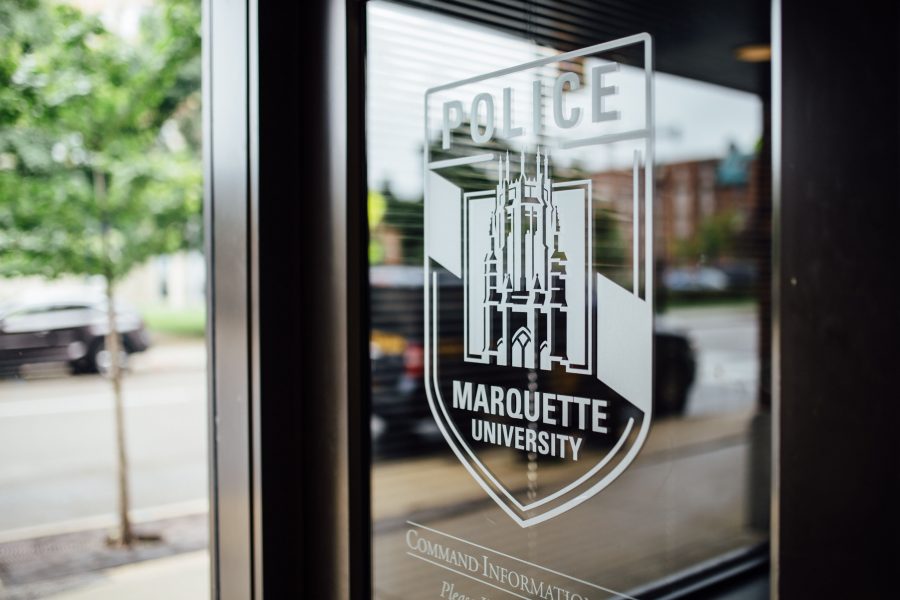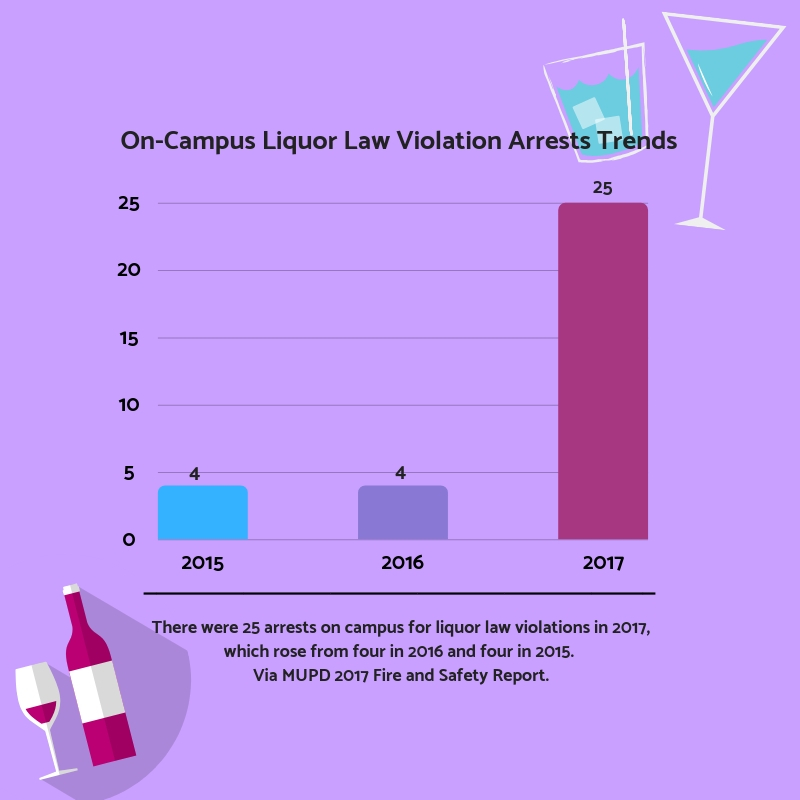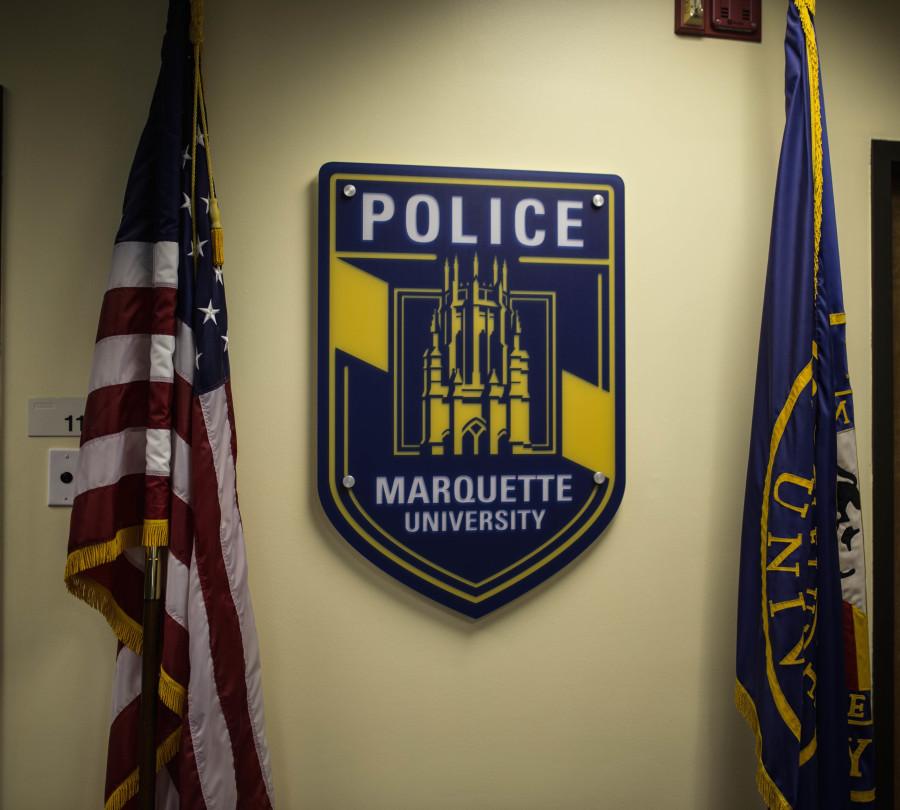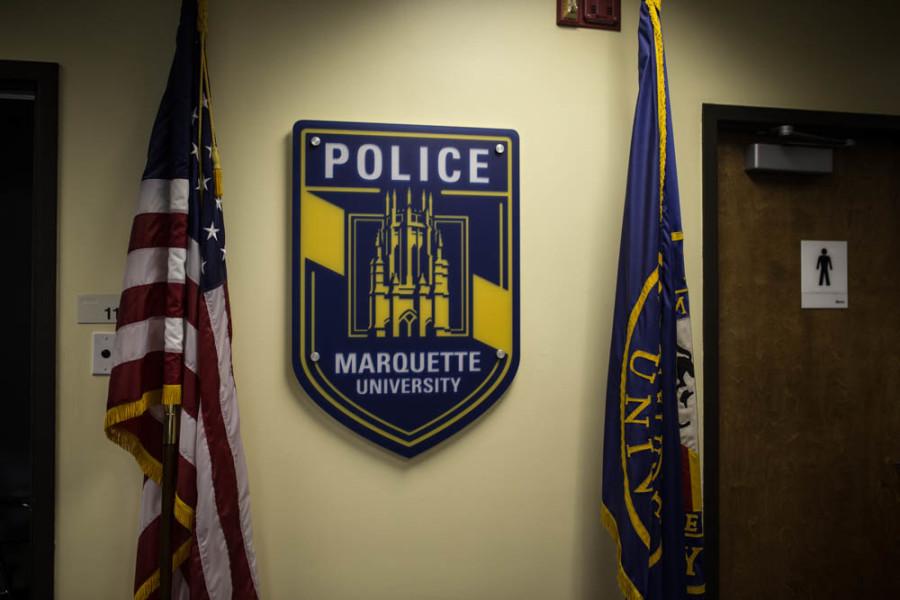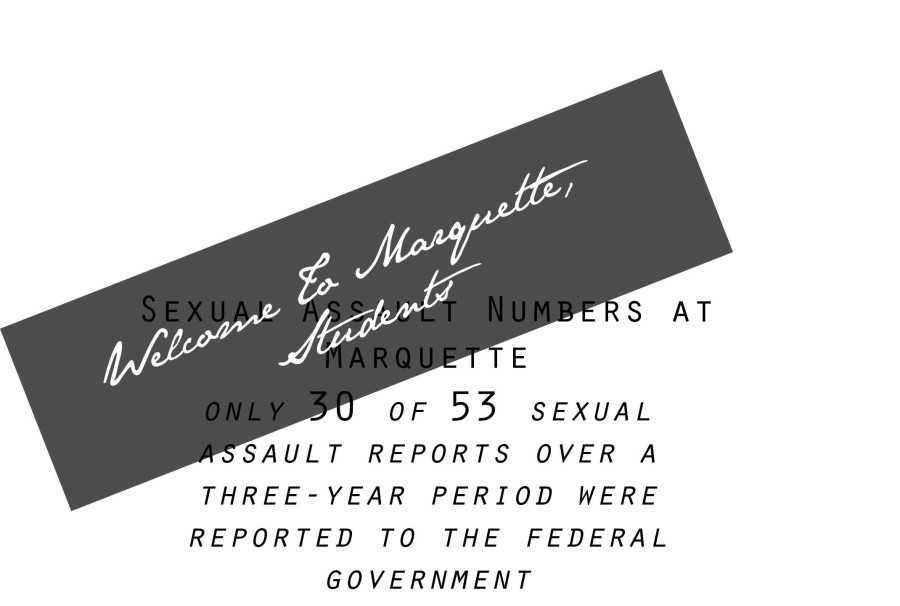Alcohol violations dropped significantly from 2011 to 2012 after several years of increase, according to the Department of Public Safety’s annual report on crime and safety regulations released Tuesday.
The report includes data not present in police reports, such as campus disciplinary referrals.
The number of offenses decreased from 1,002 university disciplinary actions for alcohol in 2011 to 726 in 2012. These violations were on the rise the year prior, increasing by 7.5 percent from 2009 to 2010.
Since the increase, the university has made several changes to its alcohol and drug disciplinary policy. The university implemented fines for alcohol violations last year, ranging from $50 to $750 based on the severity of the violation. Most fines applied to students under 21 and those living in university housing. The Good Samaritan Policy was also put into place this year to further the efforts of fines, which, according to the Office of Student Development’s website, allows students to call for help for each other without fear of consequences when it comes to offenses with alcohol.
DPS Capt. Russell Shaw said that there is one group of crimes that his department looks at specifically in terms of prevention.
“On the DPS front, we usually look at crimes against (a) person as the most serious,” Shaw said. “It’s the four major ones: robbery, theft from person, burglary and assault.”
In terms of these crimes, especially burglary, the trend since 2010 has been downward, from 36 burglary offenses down to 13 in 2012.
DPS Lt. Paul Mascari, one of the officers who helped compile the report, said education is one of the most important parts of stopping preventable crimes like burglary.
“The most common crime revolves around unsecured property,” Mascari said. “When you look at the burglaries in the residence halls, nine times out of ten it is because someone left their room open and unattended, and someone comes in and takes a laptop or a wallet.”
Mascari said that reducing burglary should be a goal for the campus.
“I think our biggest room for improvement is to try to reduce those types of crime,” Mascari said. “Talk about something that’s really preventable, by just pulling the door closed behind you, or securing your laptop when you go to the restroom. That’s where I see the most potential in our crime prevention programming.”
Mascari said that DPS has programs to prevent these crimes; such as having officers go through residence halls to teach students how to keep their belongings safely stored.
The report also goes through the proper procedures for students in the event they are witness to any of these events. Included in the report is the effect of alcohol and other drugs on people, including the physical and mental effects of each one, how to identify them.



